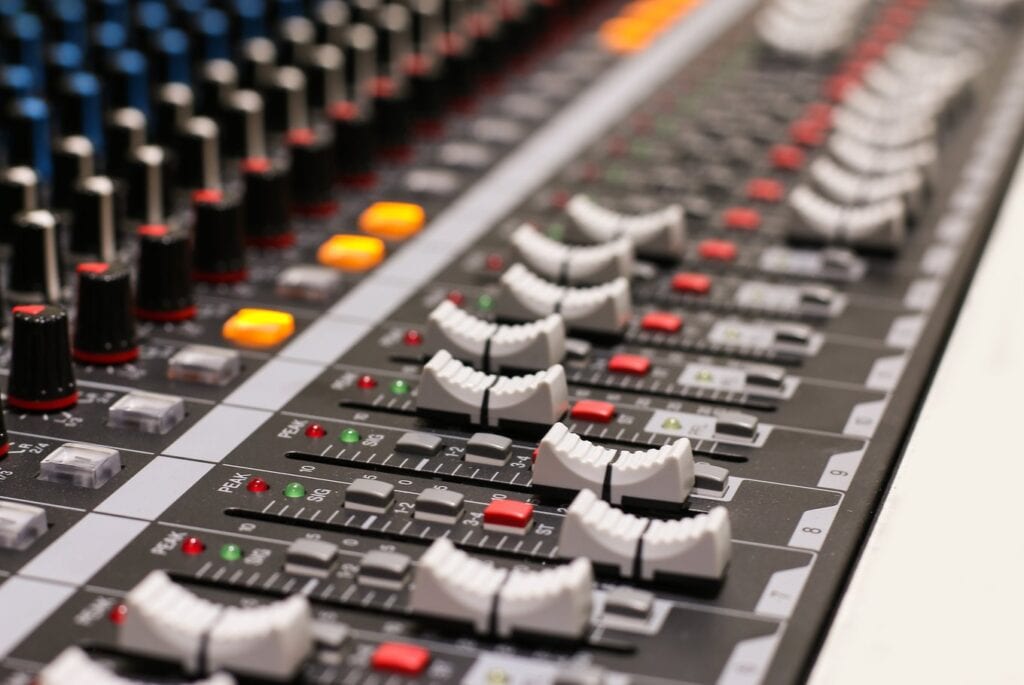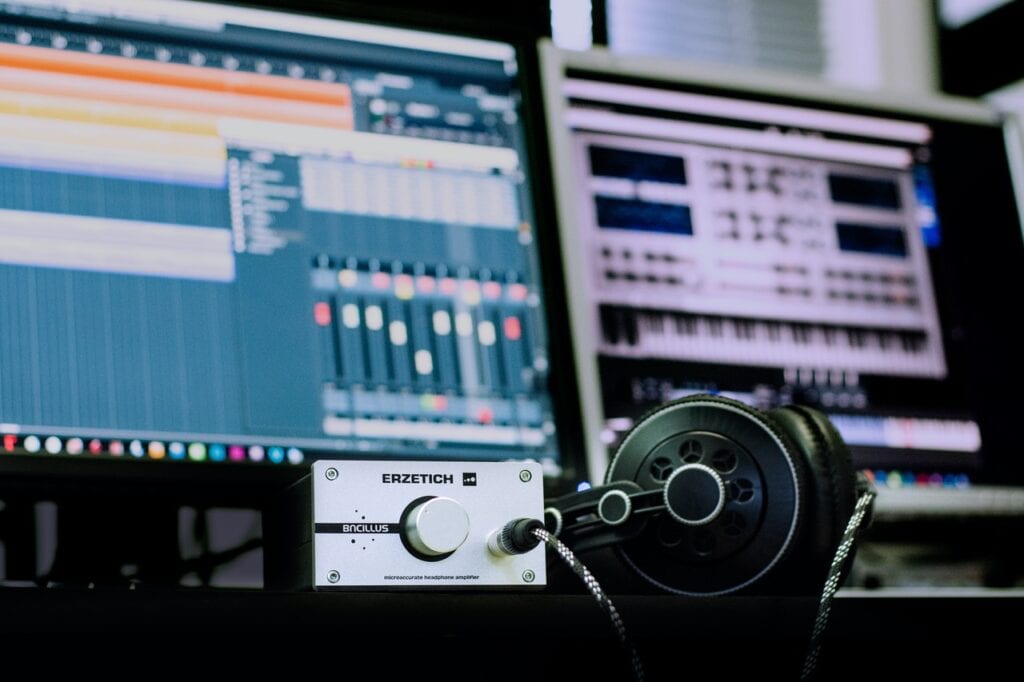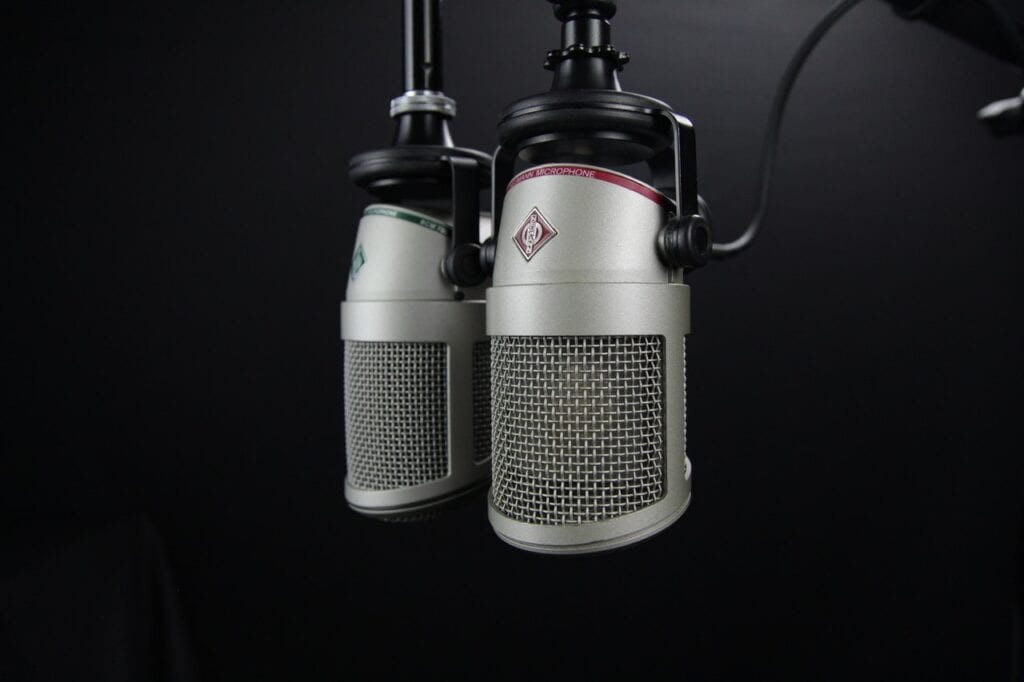
There are a ton of report is no doubt that you’ll find a wide range of employment options in a big industry like music liabilities that need to be distributed across diverse positions, only in the production phase itself!
You may have to start by interning and work your way the hierarchical ladder, depending on your level of experience and education obtained in the music production sector.
This blog will give you an overview of music production courses in London and the career paths that you can take up right after graduating. For more information, you can visit LCCM Courses.
If you have the determination and zeal to earn the credentials to work in the music production industry, then let us take a look at a couple of important jobs that you would like to get hired for!
Audio Technician

In this profession, you are required to determine and create the desired sound and ensure good sound quality at all times.
Your other titles may include the mastering, recording or vocal sound engineer, along with being in charge of other tasks such as:
- Setting up audio devices
- Mixing and editing from multiple audio sources of different sounds by employing mixing boards
- Making soundchecks
- Working on the technical aspects of recording
- Recording audio devices
- Mixing sound of audio (both music and speech)
- Developing copies of the recordings in diverse formats,
- Tasks outside the studio, such as for theatres, sports arenas, music concerts, lecture halls, corporate events and churches
- Keeping backup copies
- Testing and conducting basic repairs
Record Producer
Popularly known as track producer, holding this position will keep you in charge of managing and overseeing the recording and production operations.
From assisting with the selection of original material or cover songs for recording to hiring musicians your job will involve everything that is connected to gathering musical ideas for upcoming projects.
Executing day-to-day responsibilities will also require liaising with the artists for bettering their lyrics, songs, and in-out studio arrangements.
Recording Studio Manager

Here you will be working closely with the co-owner of the company and basically manage and oversee the day-to-day operations of a recording studio business.
You will be responsible for hiring qualified engineers to operate the studio equipment, alongside building a good rapport with potential band managers, producers and artists.
As a studio manager, you don’t necessarily need to possess an advanced level of education in the artistic and technical aspects of music.
It’s all about leadership here!
Additionally, you will also engage in marketing the studio to prospective clients and negotiating prices to those interested in leasing the studio out.
Sound Designer
To play this role you are expected to be efficient at identifying and creating live or recorded audio effects that can be employed for a variety of multimedia performances and productions.
Also referred to as sound or special effects editors, these professionals carefully select and produce everything from atmosphere effects, spot effects for animations video games and TV commercials.
Instrument Tech

These specialists possess extensive knowledge of musical instruments.
This includes setting up, using and maintaining equipment for concert tours or studio recording and stage shows.
The specializations earned by a music production degree will help you handle all sorts of techs you need to establish yourself in this area.
You’ll need to demonstrate more than your ability to play the instruments if your aim is to become an instrument tech.
This includes possessing good communication and strong practical skills to attract potential clients from within the industry.
Employers will be more than thrilled to hire you if you have substantial experience of working with music producers and a unique understanding of electronic software or systems.
Sound Mixer
This job position requires you to manage the sound quality and volume of the audio being recorded or played.
Such a talent can come in handy when using multiple microphones!
As the name suggests, most of your job will involve working with various sound mixing devices.
You are expected to be proficient enough to make real-time sound adjustments, across different genres.
When the audio is designed to be fed to a live audience there are minimal chances of making sound adjustments.
This is where sound mixers come into play, particularly when prepping for live music productions.
Radio Broadcast Engineer

Getting recruited for this job position will make you accountable for repairing broken sound equipment, as well as setting up, operating and maintaining gadgets in radio stations.
Especially because a majority of radio stations run on multiple shifts, you must be mentally prepared to work overtime.
This covering each day of the year, out of which most of the time you would be on-call.
Being an expert in handling broadcasting devices, isn’t enough.
Your skills should range from editing audio recordings and maintaining computer systems equipped in radio booths.
Digital Audio Editor
As an editor, you must be dedicated to your work and stay updated on the latest trends in the music industry.
Your job will mainly revolve around making digital audio edits to the recording session output such as splicing, mixing, cleaning, cutting, copying, and adding effects.
Certain music production companies lookout for dedicated digital audio editors who have a strong interest in post-production operations.
Holding this position and growing in it calls for a ton of patience.
The responsibilities are often considered a mix of that of a sound engineer’s and an audio technician’s.
Working in this field comes with a high-paying salary, with your main focus restricted to the operations associated with the recording process.
That’s not all…
You can also choose to take up allied job opportunities as a side hustle or gain expertise in them.
- Songwriters
- Voice talents
- Composers
- Instrumentalists
- Music managers
Gaining substantial experience in the above-mentioned careers will help you become a music producer, eventually.
Log on to our website for more information to take a step closer to building a personal home recording studio or work at larger studios in Hollywood!
Send in your applications today.




